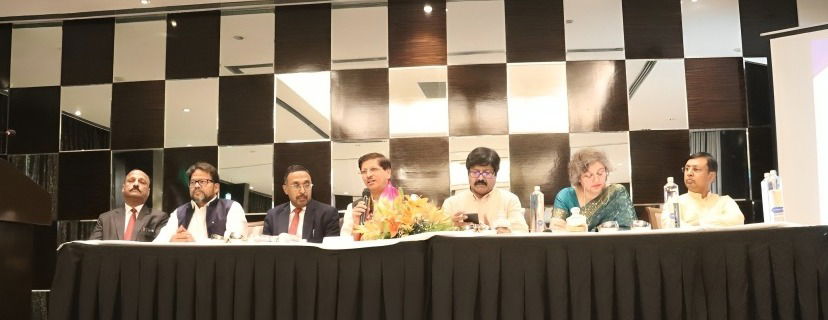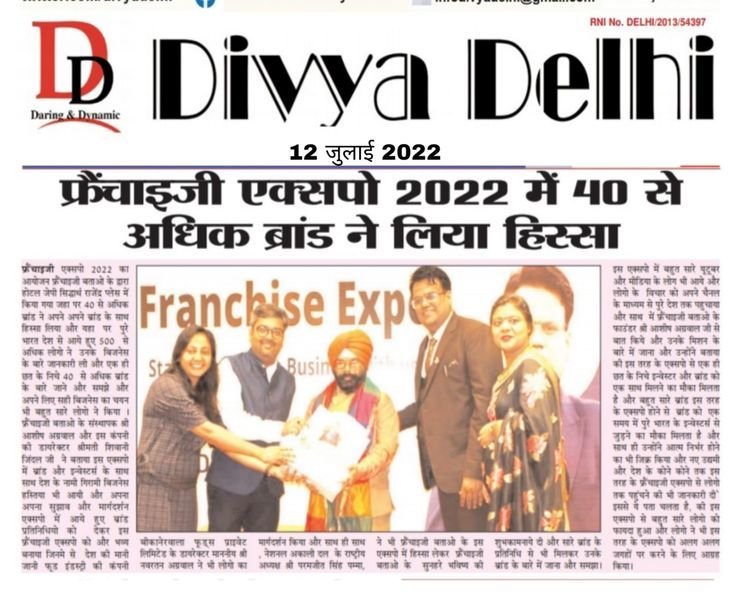
Divya Delhi: At program sponsor Hotel Radisson Blu, Paschim Vihar, the CSR Research Foundation held an enlightening seminar on ‘One Nation, One Election’ to promote Prime Minister Narendra Modi's goal for a prosperous India by 2047. Several eminent speakers stressed that simultaneous elections are essential for India's holistic prosperity. Polls were a serious obstacle to constant growth. During the event, CA Neeraj Udhwani and others who died in the Pahalgam terror assault were remembered with emotion. Sunil Bansal, Chief Guest and BJP National General Secretary, said “frequent elections are a major obstacle to development” in his keynote presentation. He said elections practically every year between 1995 and 2025 had sapped financial and personnel resources, halted administrative duties for months, and postponed important development projects. Bansal believes simultaneous elections would restore political stability, increase GDP, lower electoral costs, and fight terrorism and corruption. Delhi Pradesh General Secretary Vishnu Mittal compared it to Prime Minister Modi's Article 370 abrogation. He believed 'One Nation, One Election' will soon happen, boosting economic development and the stock market. Advocate Aseem Gupta said ‘One Nation, One Election’ would improve state-central collaboration. CA said that this mission might help handle internal security challenges like Naxalism and terrorism, making the nation safer. ICAI President Charanjot Singh Nanda stressed the significance of financial discipline to achieve this ambitious aim. For simultaneous elections to run smoothly, stakeholders must obey financial rules. Dr. Harpreet Kaur, Principal of Mata Sundri College for Women, addressed rural issues. She believed the ‘One Nation, One Election’ plan would help India's villages thrive, bridging the urban-rural gap and promoting inclusive progress. Dr. Ajay Shanker Singh, Ministry of Information & Broadcasting Chief Controller of Accounts, explained the high cost of several elections. He supported using technology to make elections cheaper and more efficient, maximizing public resources.
- Education(148)
- India(771)
- Entertainment(399)
- Sports(272)
- Business(226)
- Bollywood Hollywood(95)
- International(196)
- Life & Style(91)
- Opinion(139)
- Educational(5)
- Crime(7)
- Technical(6)
- World(18)


